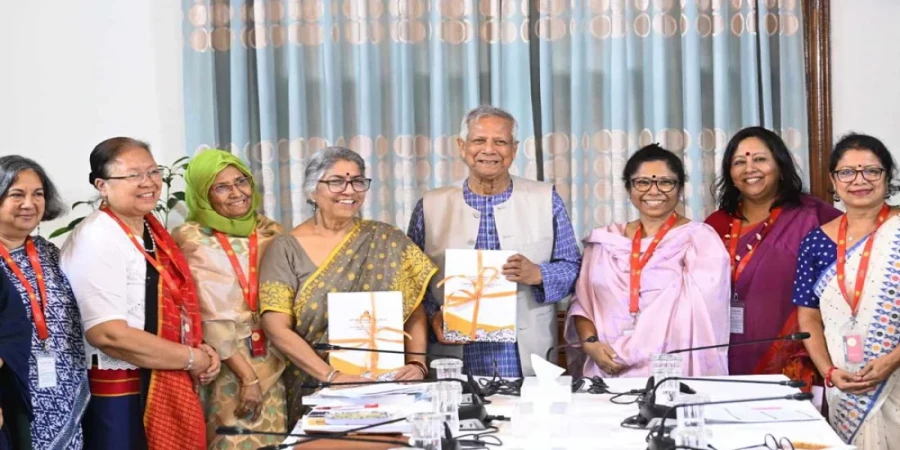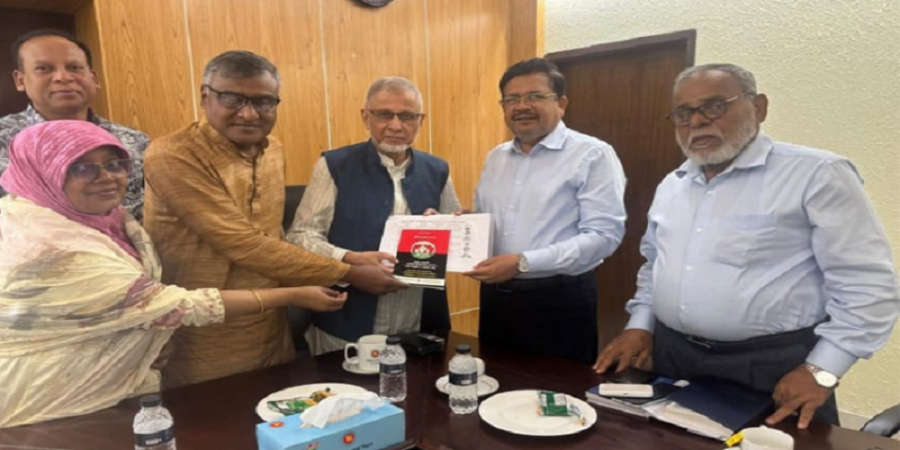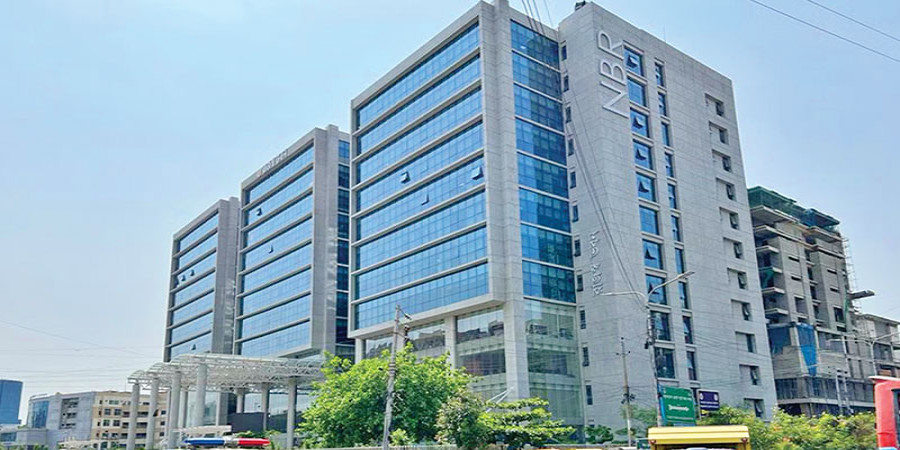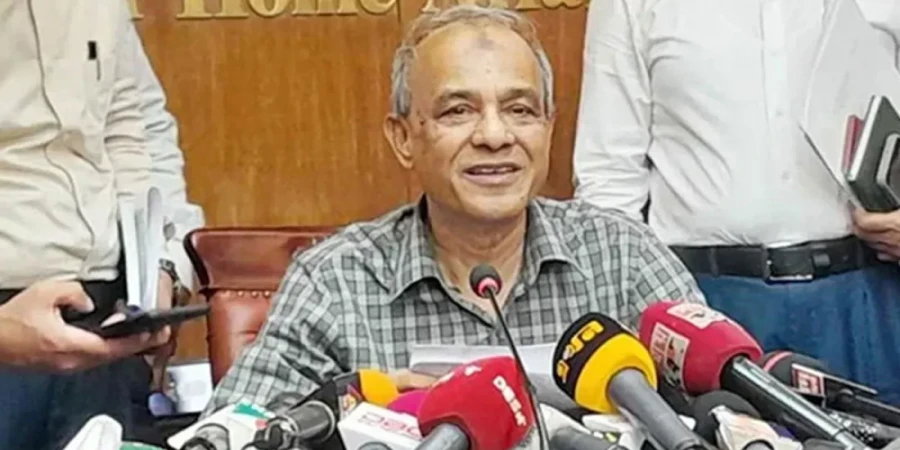
ছবি: Photo: Collected
Chief Adviser Professor Muhammad Yunus has called on relevant ministries and departments to immediately implement the feasible recommendations of the Women’s Reform Commission in an effort to eliminate discrimination against women. He issued the directive on Saturday after formally receiving the commission's report at the state guest house Jamuna.
Speaking at the event, Professor Yunus stressed the urgency of initiating reforms that are ready for execution. He expressed hope that the interim government could implement a portion of the recommendations, setting a global benchmark in gender equality. According to him, the world’s attention is increasingly focused on how different nations address the rights and welfare of women, and Bangladesh should aim to be a source of inspiration.
"This is not merely a women’s issue—this is a comprehensive societal matter," said Professor Yunus. He underscored the importance of public engagement with the commission's findings, stating that the report should not be limited to bureaucratic filing systems but should be made accessible to the public. Plans are in place to publish the report in the form of a book, similar to a textbook, so that the insights and proposals can be widely disseminated and absorbed.
The chief adviser also indicated that the commission’s recommendations would be presented to political parties through the National Consensus Commission. He highlighted the importance of involving all major political actors in the reform process to ensure a broader national commitment to women’s rights.
The head of the Women’s Reform Commission, Shireen Parveen Huq, also spoke at the event, noting that the recommendations are intended to serve the collective good of society. She reflected on the sacrifices made by many, particularly those who lost their lives in July, and emphasized that the report aims to honor their memory through initiatives that promote societal welfare.
According to Huq, the commission's proposals have been categorized into three segments: those that can be implemented by the current interim government, those meant for future elected governments, and those that reflect the hopes and aspirations of the women’s rights movement. This structured approach aims to ensure that immediate steps can be taken while also laying out a long-term roadmap for gender reform.
The reform commission has presented proposals across 15 key areas, covering a wide range of issues affecting women’s lives and rights in the country. These areas were selected based on extensive consultation with stakeholders, experts, and members of civil society.
At the report handover event, several notable members of the Women’s Reform Commission were present alongside Shireen Parveen Huq. These included Maheen Sultan, Senior Fellow at the BRAC Institute of Governance and Development; Fauzia Karim Firoze, President of the Bangladesh National Women Lawyers' Association; Kalpana Akter, President of the Bangladesh Garments and Industrial Workers Federation; Dr. Halida Hanum Akter, a women's health expert; Sumaiya Islam, Executive Director of the Bangladesh Women Workers Centre; Nirupa Dewan, former member of the National Human Rights Commission; Ferdousi Sultana, former Senior Social Development Adviser of the Asian Development Bank; and Nishita Zaman Niha, a student representative.
Their presence reflected the diversity of voices and expertise that contributed to the formulation of the report. Each member brought perspectives from legal, labor, health, academic, and youth advocacy backgrounds, ensuring that the commission’s work was both inclusive and comprehensive.
As the reform process moves forward, the Chief Adviser reiterated the government's commitment to transparency and civic involvement. The expectation is that the report will spark discussion and action not only within government agencies but also among the general public, educational institutions, and political organizations. The goal is to cultivate a unified national effort that brings about lasting and meaningful change in the lives of women across Bangladesh.
repoter






